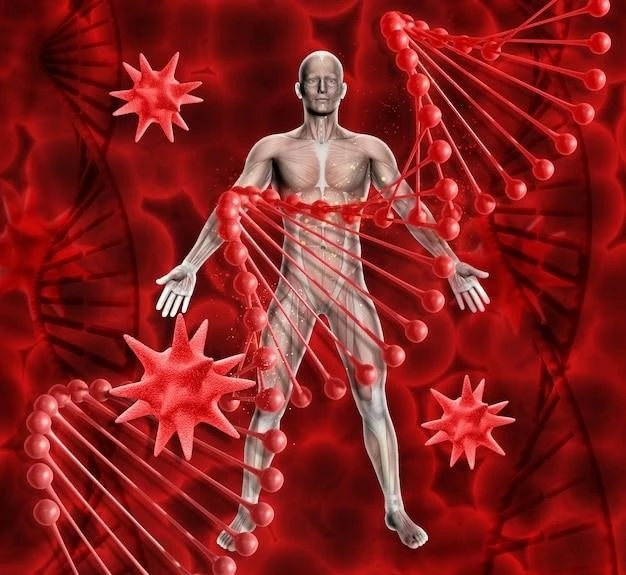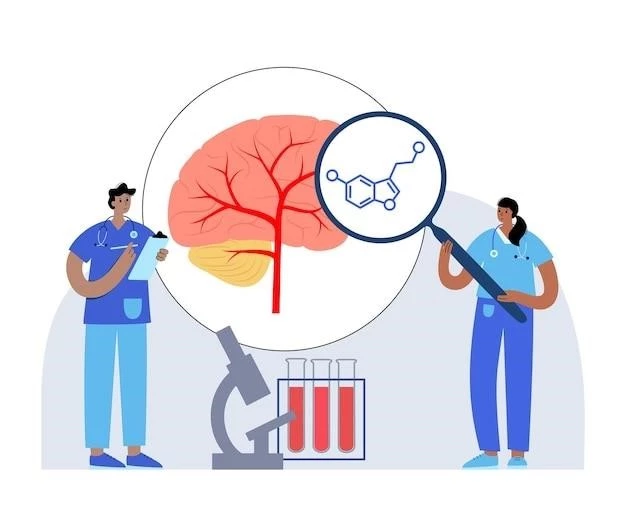Overview of Myotonia Congenita
Myotonia Congenita is a rare genetic muscle disorder characterized by delayed muscle relaxation after contraction. It can lead to muscle stiffness and difficulty relaxing muscles‚ impacting daily activities.

Causes of Myotonia Congenita
Myotonia Congenita is caused by mutations in the CLCN1 gene‚ affecting the function of chloride channels in muscle cells. These mutations lead to prolonged muscle contractions and stiffness.
Symptoms of Myotonia Congenita
The primary symptoms of Myotonia Congenita include muscle stiffness‚ difficulty relaxing muscles after contraction‚ pain‚ and muscle weakness. These symptoms can vary in severity and impact daily functions.
Medication for Hereditary Muscle Disorders
Medications like mexiletine and quinine are commonly used to manage symptoms of hereditary muscle disorders by reducing muscle stiffness and improving muscle function. These medications help individuals with these conditions maintain a better quality of life.
Surgical Interventions for Muscle Disorders
Surgical procedures like myectomy or tendon release may be considered for individuals with severe hereditary muscle disorders to improve mobility and reduce muscle tightness. Surgery aims to enhance muscle function and overall quality of life.
Importance of Genetic Testing
Genetic testing for continuous muscle fiber activity is crucial in diagnosing hereditary muscle disorders‚ providing insights into specific gene mutations causing the condition. This information guides treatment plans and helps in understanding the disease progression.
Process of Genetic Testing
The process of genetic testing for continuous muscle fiber activity involves a blood sample or cheek swab to analyze DNA for specific mutations. Results from the test can confirm the presence of hereditary muscle disorders and guide personalized treatment approaches.
Exercise and Physical Activity Recommendations
Individuals with hereditary muscle conditions benefit from gentle exercises like swimming‚ yoga‚ and walking to maintain muscle flexibility and strength. Physical activity tailored to individual abilities can improve overall mobility and well-being.
Dietary Considerations for Muscle Health
A balanced diet rich in lean proteins‚ fruits‚ and vegetables is essential for individuals with hereditary muscle conditions to support muscle function and overall health. Adequate hydration and maintaining a healthy weight also play a vital role in managing these conditions.
Understanding Genetic Influence on Muscle Development
Genetic factors play a crucial role in muscle development‚ impacting muscle strength‚ size‚ and function. Variations in specific genes can lead to hereditary muscle disorders‚ highlighting the intricate relationship between genetics and muscle health.
Genetic Factors in Muscle Disorders
Various genetic mutations can lead to muscle disorders‚ affecting muscle structure and function. Understanding these genetic factors is crucial in diagnosis‚ treatment‚ and management of hereditary muscle conditions‚ shaping personalized care approaches for affected individuals.
Psychological Support and Mental Health
Living with constant muscle contractions can impact mental well-being. Seeking psychological support and therapy can help individuals cope with emotional challenges‚ anxiety‚ and depression that may arise due to the condition‚ fostering mental resilience and overall quality of life.
Adaptive Techniques for Daily Living
Learning adaptive techniques and using assistive devices can improve daily functioning for individuals with constant muscle contractions. Modifications in the environment and daily activities can enhance independence and quality of life‚ making tasks more manageable despite muscle challenges.
Current Studies and Clinical Trials
Ongoing research studies and clinical trials are exploring innovative treatments and therapies for hereditary muscle disorders‚ aiming to improve symptom management‚ enhance quality of life‚ and possibly find a cure for these conditions. Participation in these trials can offer hope for future advancements in treatment.
Future Directions in Muscle Disorder Research
The future of muscle disorder research focuses on gene therapy‚ precision medicine‚ and advanced technologies to develop targeted treatments for specific genetic mutations. Collaborative efforts aim to revolutionize the management and understanding of hereditary muscle conditions‚ offering new hope for individuals affected by these disorders.
Patient Advocacy Organizations
Patient advocacy organizations provide vital support‚ resources‚ and a sense of community for individuals affected by continuous muscle fiber activity. These organizations advocate for research‚ raise awareness‚ and offer valuable assistance to improve the lives of those living with hereditary muscle conditions.
Peer Support and Online Communities
Peer support and online communities offer a platform for individuals with continuous muscle fiber activity to connect‚ share experiences‚ and provide emotional support. These communities foster solidarity‚ understanding‚ and a sense of belonging among those affected by hereditary muscle disorders.
